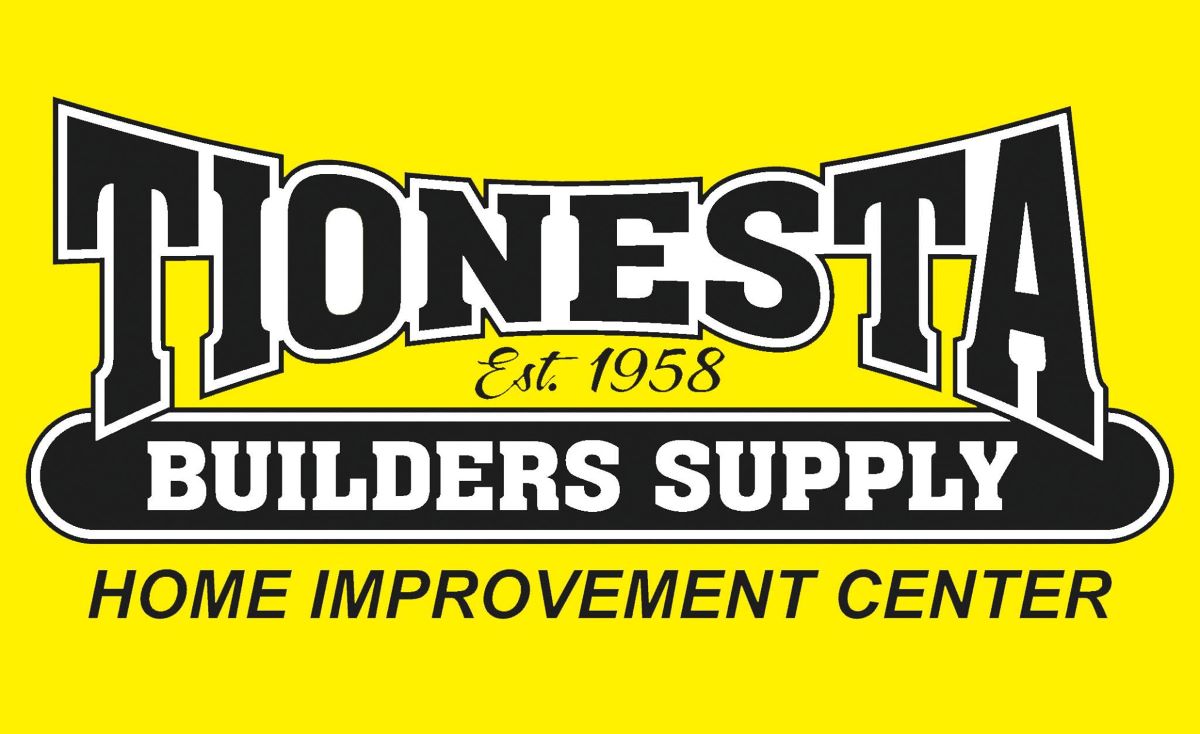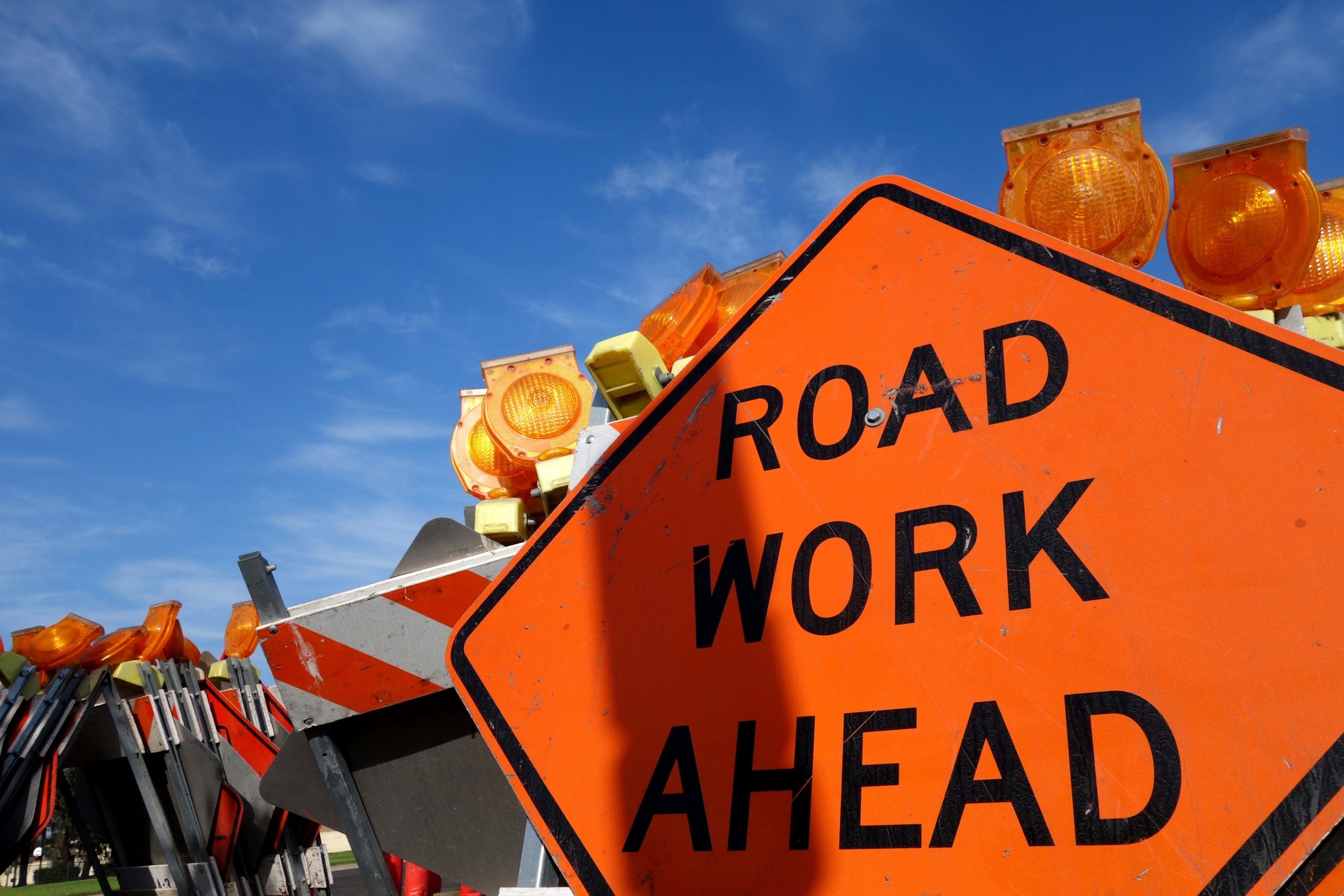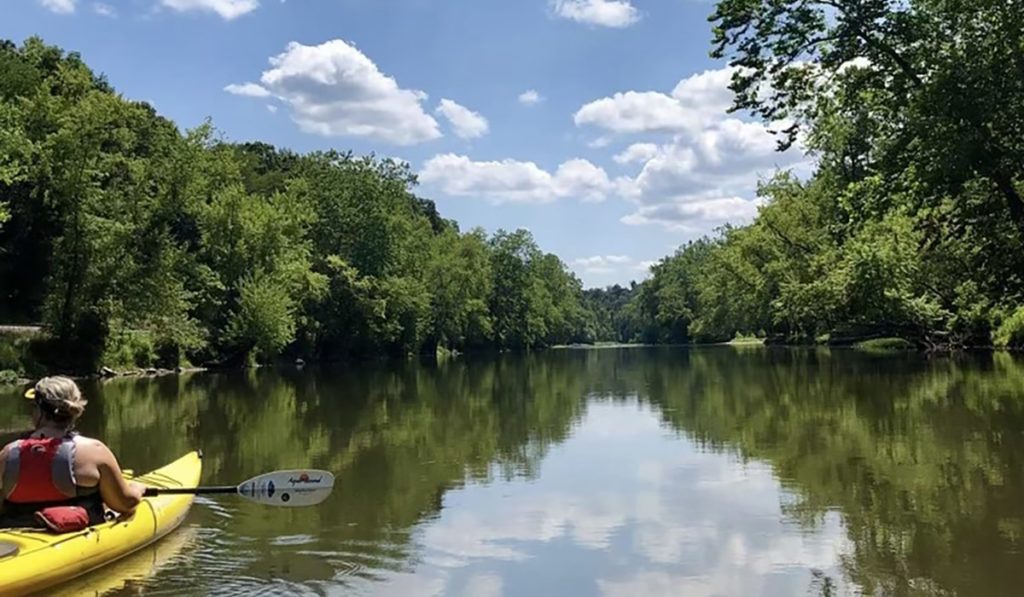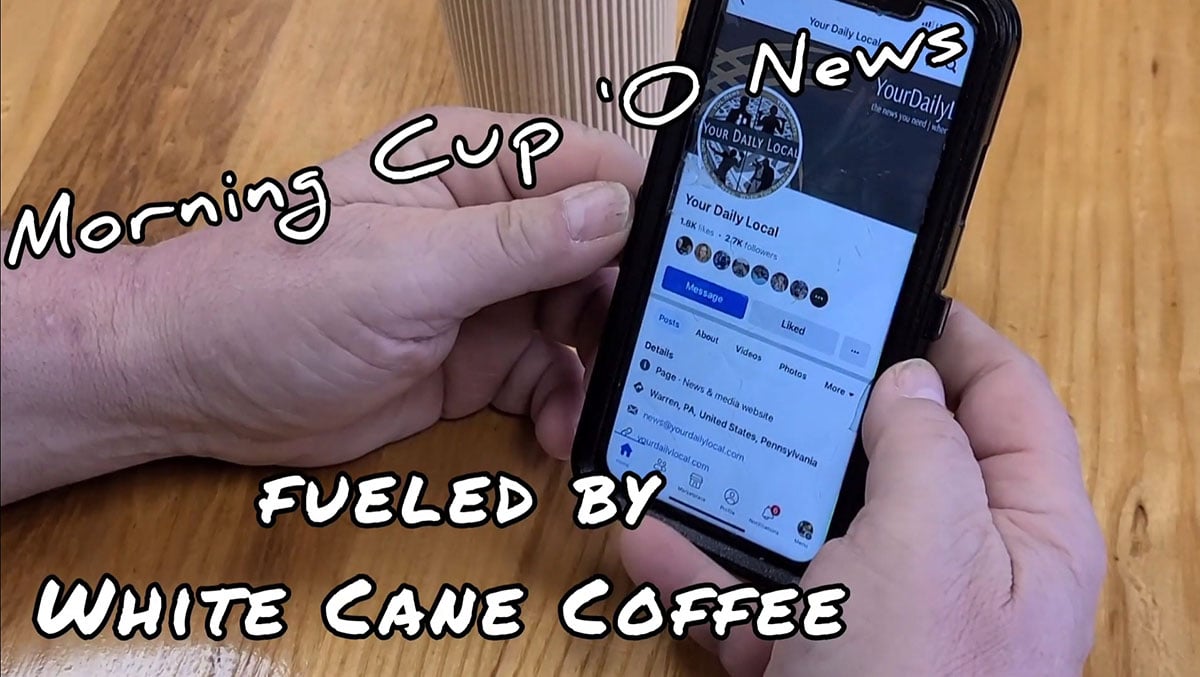Climate problems may seem overwhelming, but people all around this great nation are taking action. This week we’re looking at MICHIGAN and the question is How is Michigan taking recycling to the next level to improve its economy?
Michigan has launched a recycling initiative that goes well beyond curbside pick-up of paper, plastic and metal goods. Their approach aims to reduce the amount of tonnage going into landfills (reducing methane emissions in the process), turn waste materials into useful resource inputs for industry, and finally, to create jobs. Their overarching mission is to keep all this activity in-state, for the benefit of people and economies in Michigan.
Compared with the national average (34%), Michigan has low recycling rates, around 19%, which is a generous increase in the past few years over its previous average of only 14%. Working in their favor, Michiganders have a good grip on the recycling concept, perhaps because of the early adoption of the state’s Bottle Bill program. Now, they are taking it to the next level with a statewide program called “Nextcycle Michigan,” supported by the Michigan Department of Environment, Great Lakes and Energy (EGLE). This successful initiative is essentially a start-up business incubator, featuring a competition focused on six recycling opportunities:
- Food, Liquids & Organic Waste systems
- Public/private partnerships
- $10k community recycling micro-grants
- Recycling innovation & technology
- Recycling supply chain
- Roads
For an interesting overview of the Nextcycle initiative, listen to this podcast from the Royal Oak Michigan Chamber of Commerce:
Podcast: The ROCC Pod (4/21/2022)
Episode: JD Lindberg of RRS and Nextcycle Michigan [~23 mins]
The Nextcycle program has brought forward some new business ventures, already funded and/or expanded, including Wormies, an organics-recycling worm farm producing high-quality natural fertilizer in Grand Rapids, Michigan. Organic waste recycling programs such as this are becoming more widespread, especially in urban areas. People participate in the service by subscription and receive periodic returns in the form of a bag of composted material for use in houseplants and gardens. The Wormies service brings additional value or regular compost in that worm casings are exceptionally rich in nutrients. And the demand for natural fertilizers is high. Wormies has expanded from a 1/4-acre yard lot to a 13-acre plant, thanks to the support of the Nextcycle program.
What does recycling conjure up in your mind? Maybe you think of curbside recycling of household waste. I’ll close with a short video that gives you an inside tour of a Michigan Materials Recovery Facility (MRF) that can process 20 tons of mixed recycled material per hour. There are people working inside the plant, but a lot of the process is made possible by optical scanning technology. Check it out!
Vimeo.com
RRRASOC Recycling Video (Feb 2019)
vimeo.com/316116099 [6.5 mins]
Let me know if you have a podcast to recommend, have a comment about my column, or have trouble finding a particular podcast I’ve mentioned. Happy listening!
[email protected]
Note: This column, part of a series looking at examples of positive climate action, state-by-state, first appeared in the Forest Press 09-28-2022. If you are interested in this state’s topic, check online for updated news, as a lot may have changed in a year and a quarter.



























